What Are Diet Culture Thoughts and How to Ignore Them?
- June 6, 2018
- Last Updated: November 17, 2023
- 15 Comments
- Intuitive Eating
I’m reading Intuitive Eating for like the upteenth time. I never tire of reading it, and I’m not kidding when I say, I pick up something new about diet culture every single time.
Today, I’m focusing on all the diet culture thoughts you may have had or been (be) exposed to. And how some masquerade as the wellness diet.
There’s so much information in there that is GOLD.
I’m in a few “mom” facebook groups, which are great. They are so helpful for teaching me so much.
Whenever I have a question about motherhood/breastfeeding/sleep habits, etc., those ladies are the first people I go to. BUT, I’ve been noticing alot of diet talk in that group lately.
Many of the women are posting about detoxes, juice cleanses and how to get their “pre-pregnancy” body back.
I get it. We live in a culture obsessed with thinness.
The majority of people still think thinness equates to health. I understand this way of thinking, and to some degree, I used to be guilty of it too.
I thought healthy meant eating less calories, eating mostly “clean” foods, and cutting things out.
But, now I know that’s not true, and health is not being “hyperfocused.” And research agrees.
But, unless you work in the nutrition/healthcare field, you read HAES blogs or subscribe to that messaging, you’re probably not aware of the concepts of health at every size and intuitive eating.
How would you be?

I don’t necessarily think it’s my place to play all dietitian on these ladies (who I don’t even know in real life), but alot of the time, I just want to blurt out, “those diets won’t work!”
“They’re quick fixes!”
“That won’t teach you anything – it’s taking you AWAY from your hunger and internal cues.”
“That will ruin your metabolism.”
“What if you just tried to accept the body you have right now and appreciate it for all it does? It birthed a baby! It’s keeping that baby alive. It’s providing nourishment and comfort.”
“You’ve been through alot – give your body peace and time to recover.”
These are all thoughts I have and want to share. These are also things I talk through with clients.
Being exposed to diet culture and having a diet mentality isn’t just following a diet.
Diet culture thoughts can pop up anywhere.
There are other ways in which you may be stuck in the diet mentality, or for lack of a better word, brainwashed into thinking you’re following a “lifestyle” change.
Here are some ways to respond to diet talk.

Here are some examples of diet culture.
Diet culture is…
Any external rules that determine what you eat.
Points, macros, pre-determined eating times – all of these take away from your internal cues and hunger.
Hungry at 10 even though you ate breakfast at 8:30, but you won’t allow yourself to eat because it’s too early for lunch? That’s a diet culture thought mentality.
Won’t eat anything after 8pm?
Avoiding carbs for a whole day or engaging in some sort of carb cyling?
That’s taking you away from being in the moment, when you might actually want a sandwich or piece of fruit with carbohydrates for energy.
Exercising longer because you ate dessert last night?
Any form of compulsive exercise or using exercise to compensate for food is a diet culture thought.
We should do exercise because we want to – not because we have to. And not because we are punishing ourselves.
Food and exercise, while often listed together to maintain a “healthy lifestyle,” are different. Y
ou shouldn’t turn to exercise because you’re not happy with your food choices. And it’s not really possible to out-exercise your diet.
Turn to exercise because you want to – maybe you want to de-stress, you’re training for something (that you WANT to train for), you like the way it makes you feel, or you want to socially engage in a workout with a friend.
All good reasons for exercise.
On that note, I will say, if you are training vigorously and engaging in intense exercise, you do need to think about eating more food. I’d recommend meeting with a Registered Dietitian to see the best and most efficient way to work fueling enough into your lifestyle.
Skipping meals or replacing them with “shakes” or “juices?”
Replacing meals with substitutions is not a maintainable lifestyle.
Sure, maybe you love an antioxidant smoothie in the summer and you put enough calories in there to make it a meal every now and then. Great!
But, if you’re meticulously counting every gram that goes into your smoothie and trying to keep it under x calories to replace lunch every day, that’s borderline obsessive and an example of a diet culture mindset.
Furthermore, if you feel the need to eat everything organic, fear added sugars and saturated fats (because nutrition “experts” tell you these things are bad), you may be falling victim to the wellness diet and all things clean eating.

Changing your food choices on the weekend?
Ask yourself why? Is it because you try to be “good” during the week?
When we see foods as “neutral,” weekday vs. weekends don’t matter.
When you’re in tune with your hunger and satisfaction needs, you intuitively know what you want or need each day.
Dieting takes you away from those internal cues. Embracing food flexibility is an important concept.
It is totally possible to be intuitive with your food choices when you really love food.
Labeling foods as good and bad
Remember, food is food.
Whether it’s a cupcake or an apple, it all breaks down the same way. Spinach and broccoli can be nourishing, and so can cookies and pie.
You won’t feel great if you eat cookies all day. And, you’ll probably feel deprived if you eat spinach all day.
How can you find that balance?

Thinking About Food All the Time
If you’re a slave to diet culture, you may find yourself thinking you should not be thinking about food all the time.
Actually, thinking about food often is your body’s protective mechanism. It is our body’s way of trying to protect us from undereating.
When we restrict food, our brains and bodies fixate on it more. Consider the Minnesota Starvation Experiment.
They nearly halved men’s calories (from 3200 to 1600ish calories per day). These men became obsessed with food. They thought about it 24/7, and dreamt and talked about it.
They also obviously experienced a lot of lethargy (food gives us energy!), loss of muscle strength and stamina, loss of sex drive and so much more. Restriction affects us physically, emotionally, and psychologically.
I hope this posts helps you realize that while these things are very common in our vernacular and in those around us, I think it’s important to be aware of them if you’re trying to separate yourself from diet culture.
Want More Intuitive Eating Posts?
- A comprehensive list of intuitive eating resources
- Common intuitive eating questions
- 5 ways to incorporate intuitive eating
- What is normal eating?
- How to eat intuitively while meal planning
- What is the wellness diet?
This post may contain affiliate links, which means if you make a purchase, I receive a small kickback which goes back to supporting the blog. Thank you for supporting Bucket List Tummy!
Support Bucket List Tummy

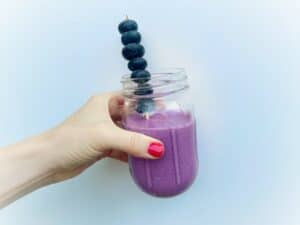



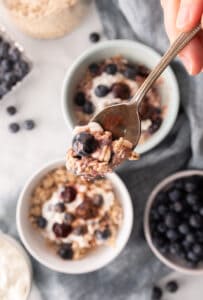






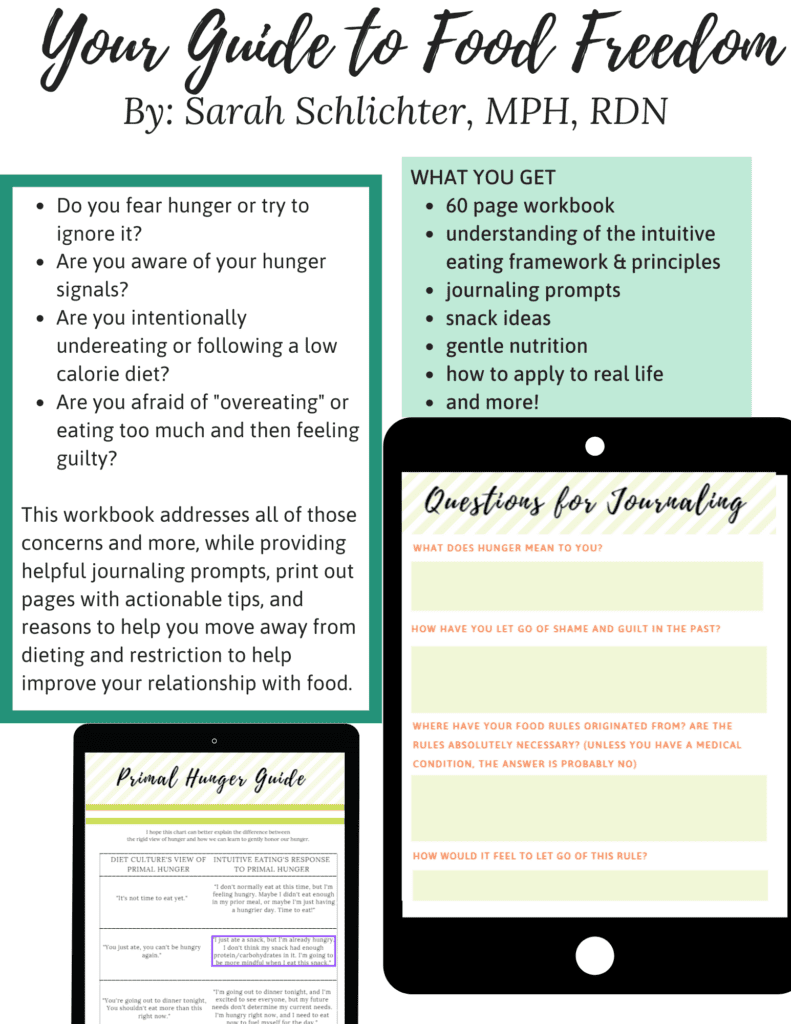
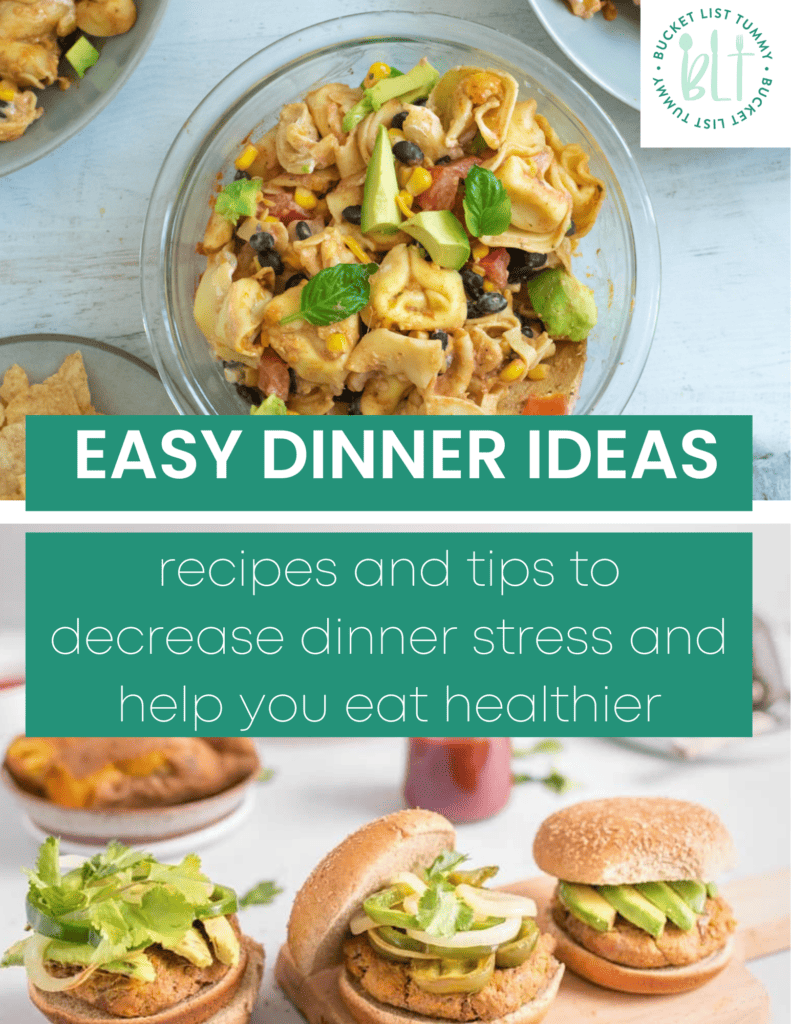
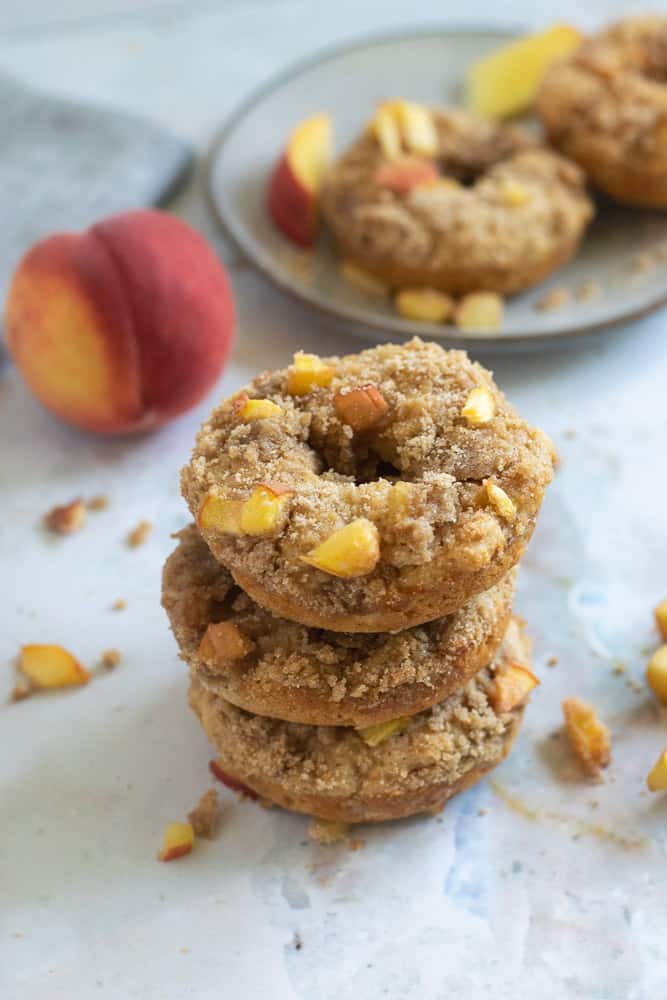
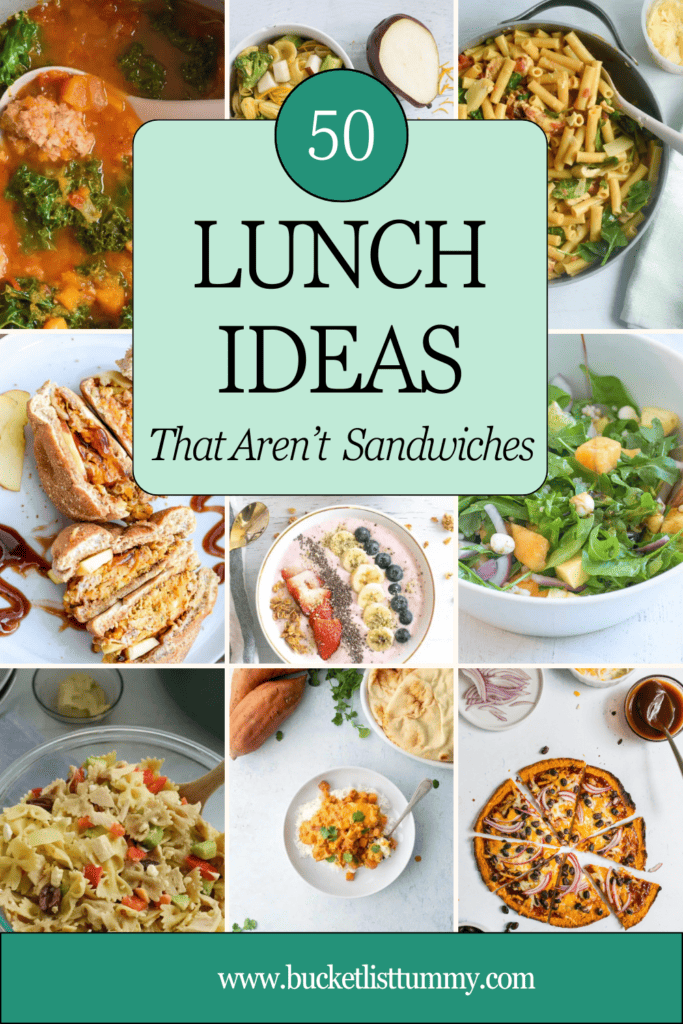
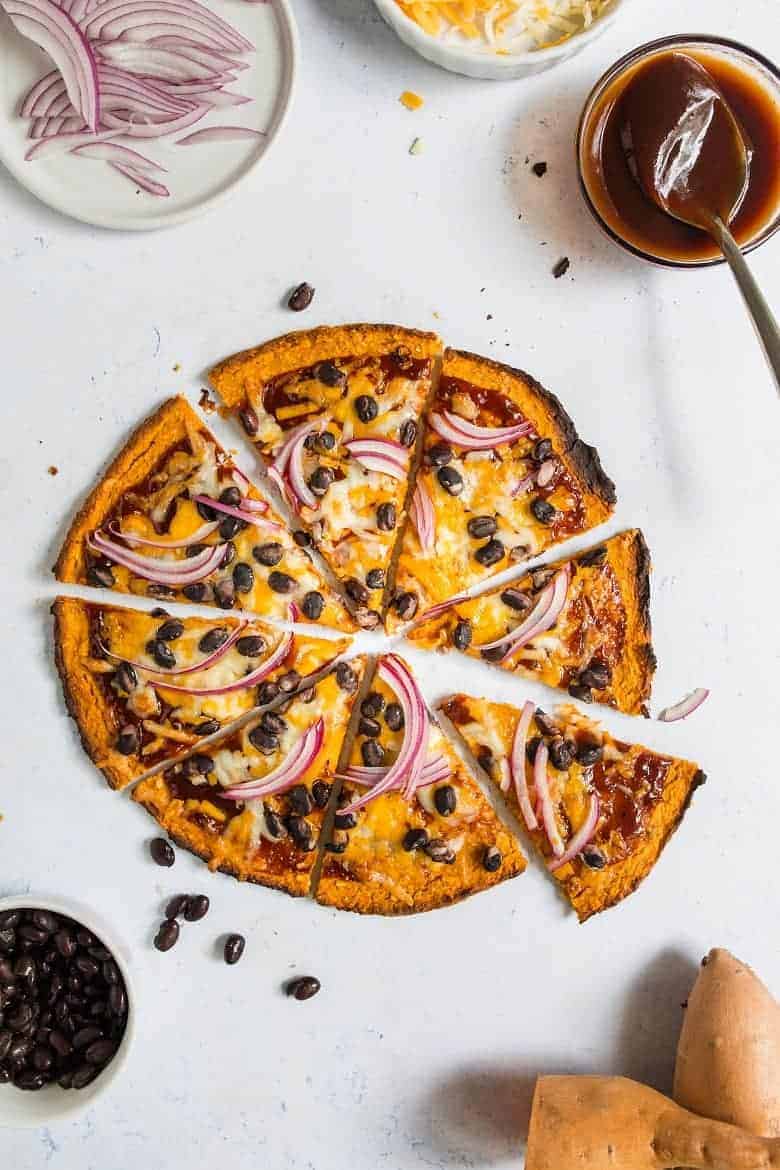
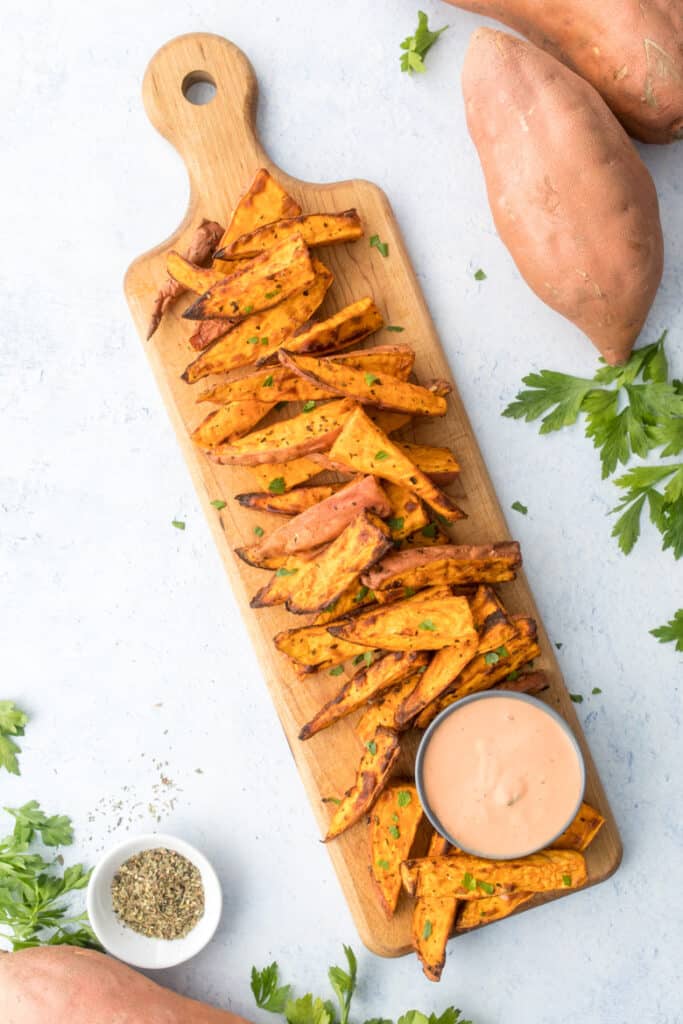

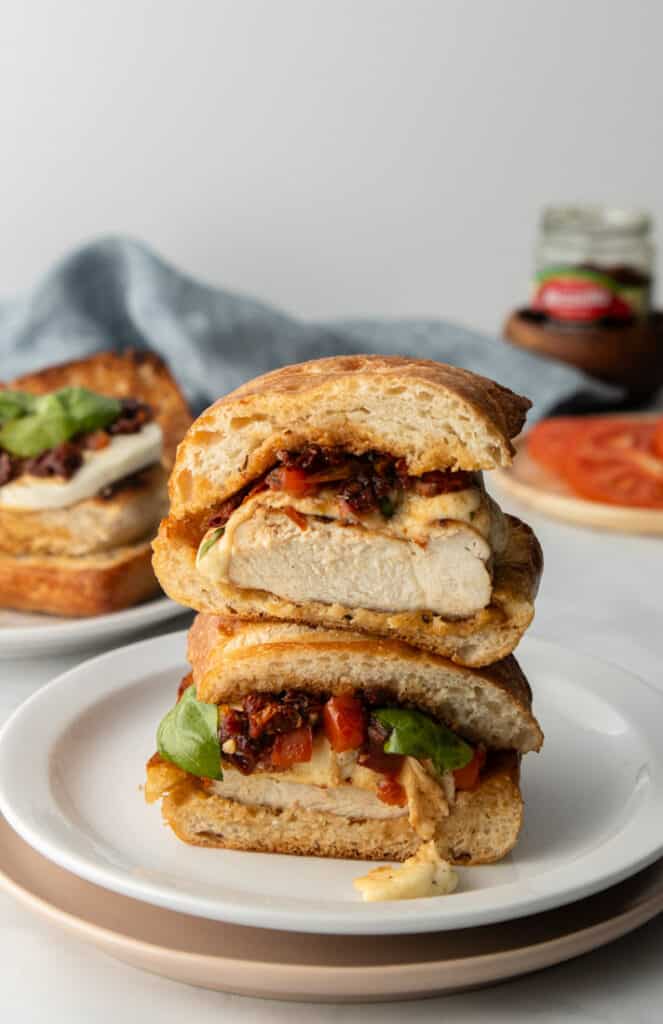
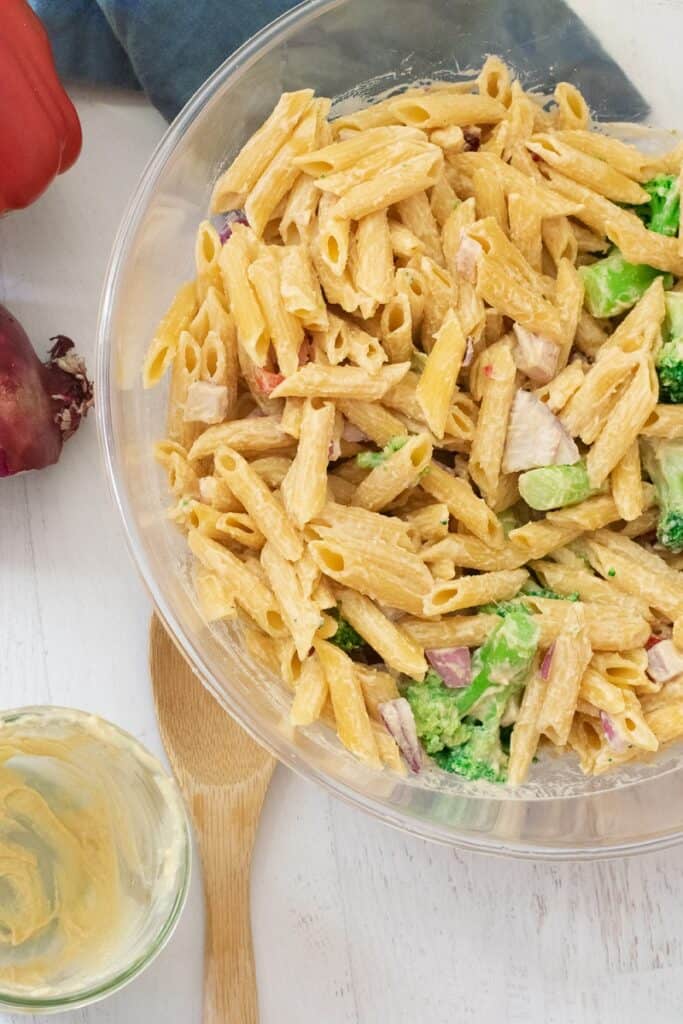

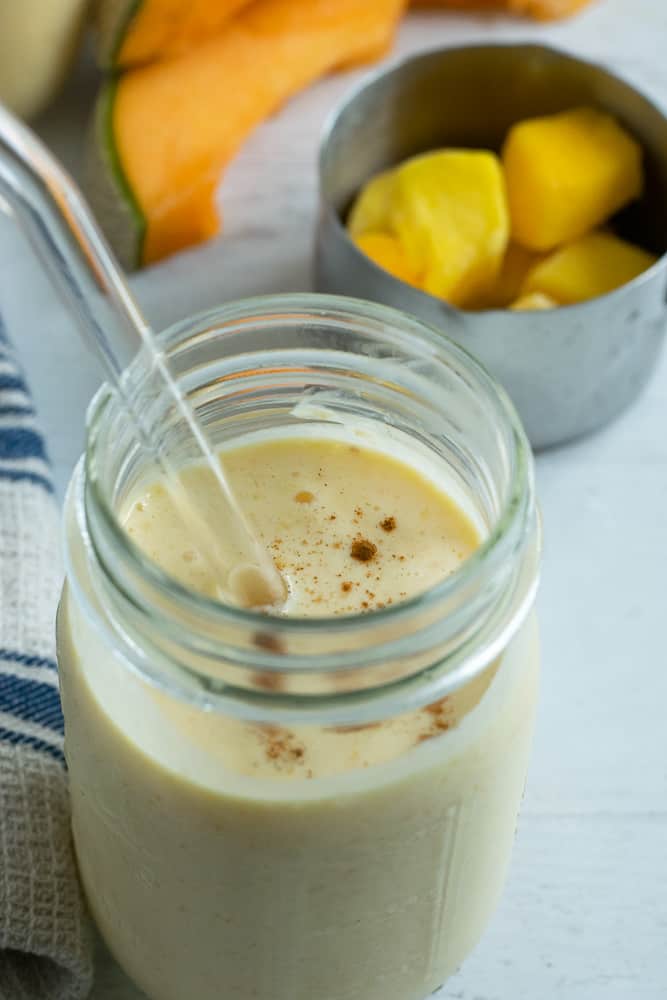
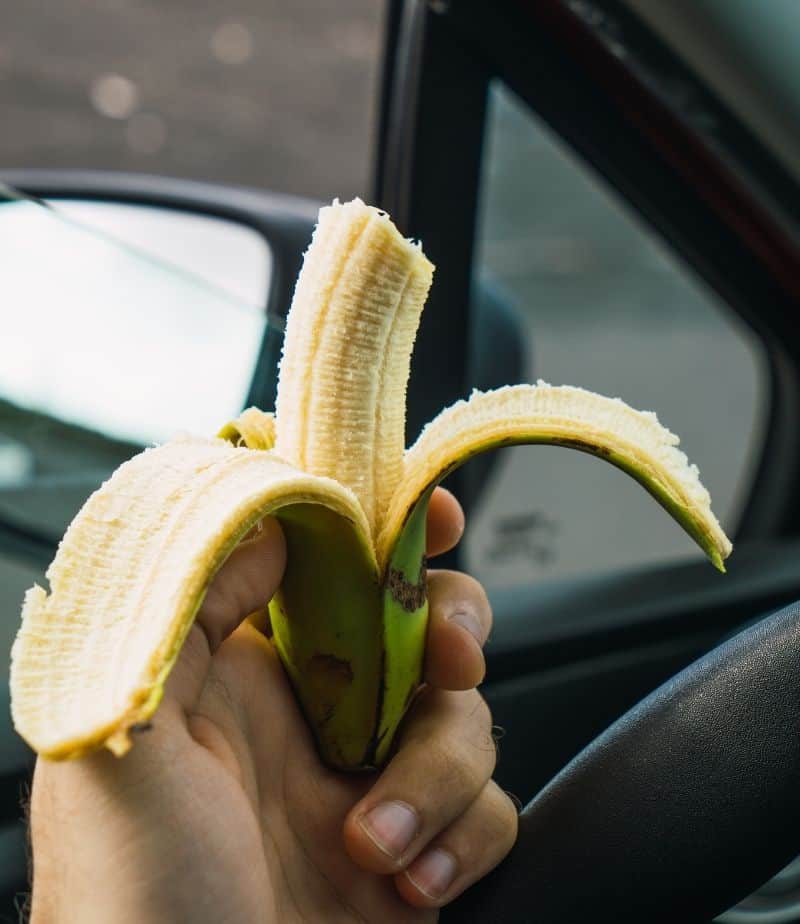
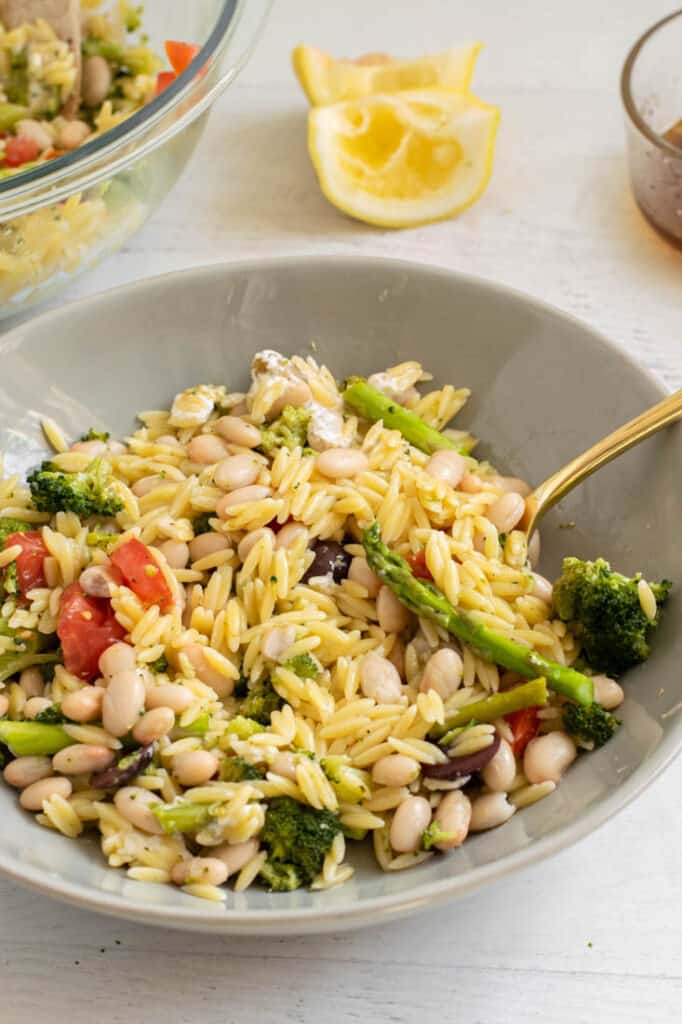
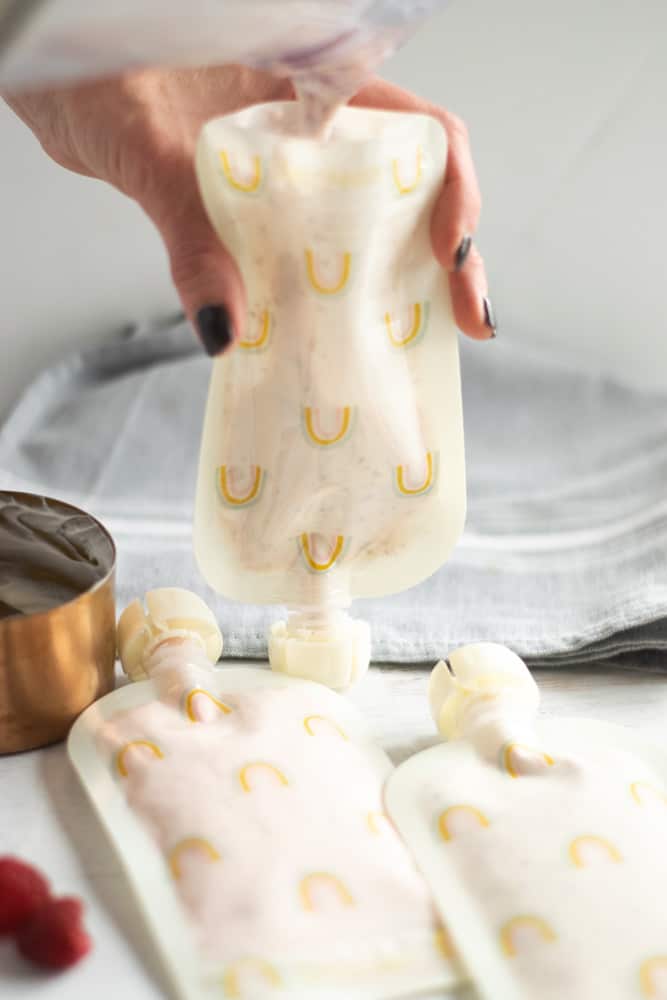
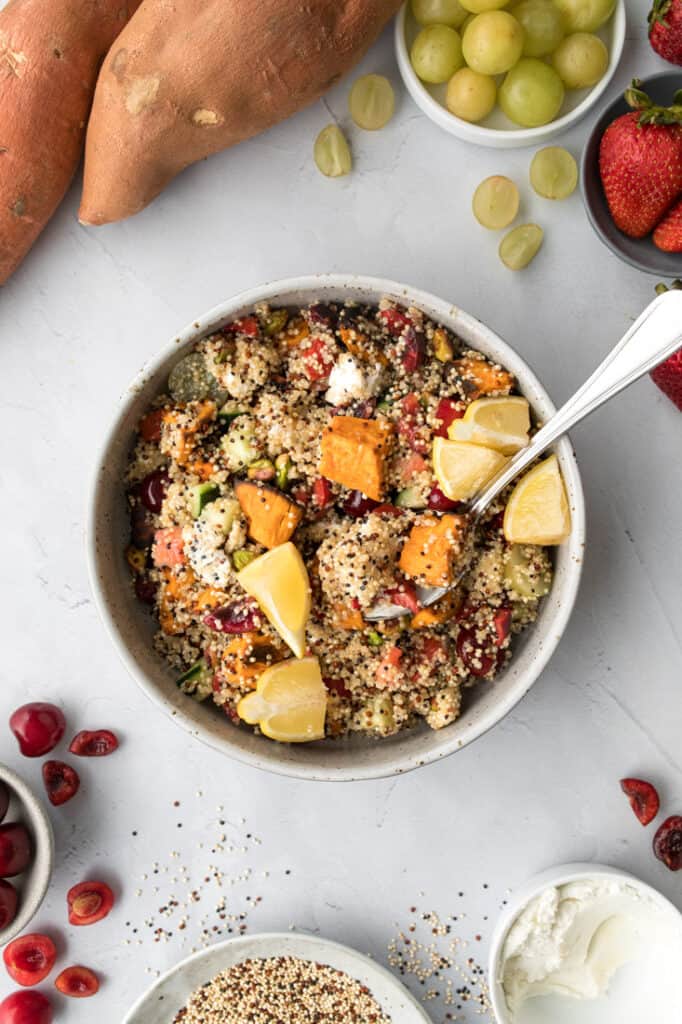

Like This Content?
Support Bucket List TummyYES to all of these! I wouldn’t have thought I was dieting when I really really struggled with my ED, but I was so guilty of trying to ‘exercise’ off my food or labeling a food like fries or potato chips as ‘bad’ in my mind. I was also guilty of changing my food choices and ‘cheating’ on the weekend. I almost felt like it was ‘bad’ to cheat, and then I got ‘back on track.’ I’m putting those all in quotes, because for me now, when I look back on those practices, I’m pretty sure they were very diet based and based on my desire to stay a certain size instead of letting my body be the size it would be. I so appreciate you picking out these diety thoughts and sharing them with us Sarah!
Thanks for sharing, Emily. I bet it’s so freeing to have those phrases behind you!
Some parts of diet culture are just SO engrained in society – like a second language. So habitual. That’s what makes me most sad… how so much of it has just become “the way things are.” I think someone not so much in the IE or HAES or food blog world reading this would be stunned. I think someone people would be shocked to know these ways of thinking aren’t actually what “normal” is… or what healthy is.
You are so right – society almost promotes diet culture, whether unknowingly or not.
Ahhh yes, these are all things I hear from my friends so often. It’s like society programs diety thoughts in people’s minds. I have a client who, every time I see her, is on a new diet and I just want to shake her and tell her that if she just quit all of those silly things she’d be so much healthier!
I’m actually one of the weird people who’s never been on a diet (other than gluten free for coeliac and elimination diets when doctors were trying to figure out what was going on) and I don’t really know why they’ve never interested me but I really hope having a healthy mentality around food will positively impact our future kiddos.
I think it definitely makes an impact!
Thanks for sharing this! I definitely used to think of certain foods as being “bad.” Which never helped my goals and just made me feel guilty if I ate them. I have got to read that book sometime!
It’s the top book I recommend to people!
Great post! New reader here but I wanted to thank you for this. A lot of healthy living bloggers are now shilling macro counting “diets” but what is worse, they don’t acknowledge that it is a diet. They paint a picture that you can balance life by just hitting a macro number. Thank you for pointing that out as diet culture and for granting permission for women to just BE.
Thanks for reading, Erica!
Oh man this is relevant to me a bit right now! This past week I have been very congnisant of my belly. It’s where I, my mom and sister hold weight. It simply is what it is. I have gotten over the fact that I will never be toned there and usually I don’t think about it. But for some reason this past week I have just felt extra wiggly down there. Not sure what it is, but it’s been a struggle.
I did think about changing my diet up a bit and see if it “helps” but then I stopped and was like “what am I trying to help, exactly?” I mean, my body is what it is, I can’t change the fact that I hold weight there more than I can change my eye color. I have accepted this about myself, but gosh it’s still hard sometimes!
It’s not that I look down on people who care about that or am jealous of others who have more toned middles, it’s just not something I want to think about, so when I think about it, I need to go deeper and see what’s going on.
I think that when other things in my life are good (which they are!) I look for other things to nit-pick. Right now it’s this. That I’ve recognized it, I can stop, laugh and rub my beautiful belly because it makes me strong and gives me endurance (stores my energy for runs!)
Great post Sarah <3
I think that’s a powerful realization you’ve had, Ellie and I love how you’re looking at the positives and what it can DO for you, like help give you endurance for runs! And I”m so glad other things in your life are so good.
Hi Sarah!
This may be weird to say but a few weeks ago, we got some takeout for dinner and I ate more than I probably should have. Oh well right? Normally it doesn’t bother me but that night it did so I told myself to go for a run to feel better. Granted I needed to get the training run the next day so no big deal to move it up. Well during the run I realized I was “punishing” myself for having a few too many fries and that is not intuitive eating like you’ve written about a hundred times. Basically I told myself that’s not what Sarah has been saying so snap out of it. Anyways, I want to say thank you for providing so much information about IE so I could recognize the unhealthy thought in my head. I hope you have a great day with little Camryn!
Thank you for sharing this, Maureen! I’m sure it can help others too. It’s not wrong to have those thoughts, but I’m so glad you were able to catch yourself. Sometimes that can be the hard part!